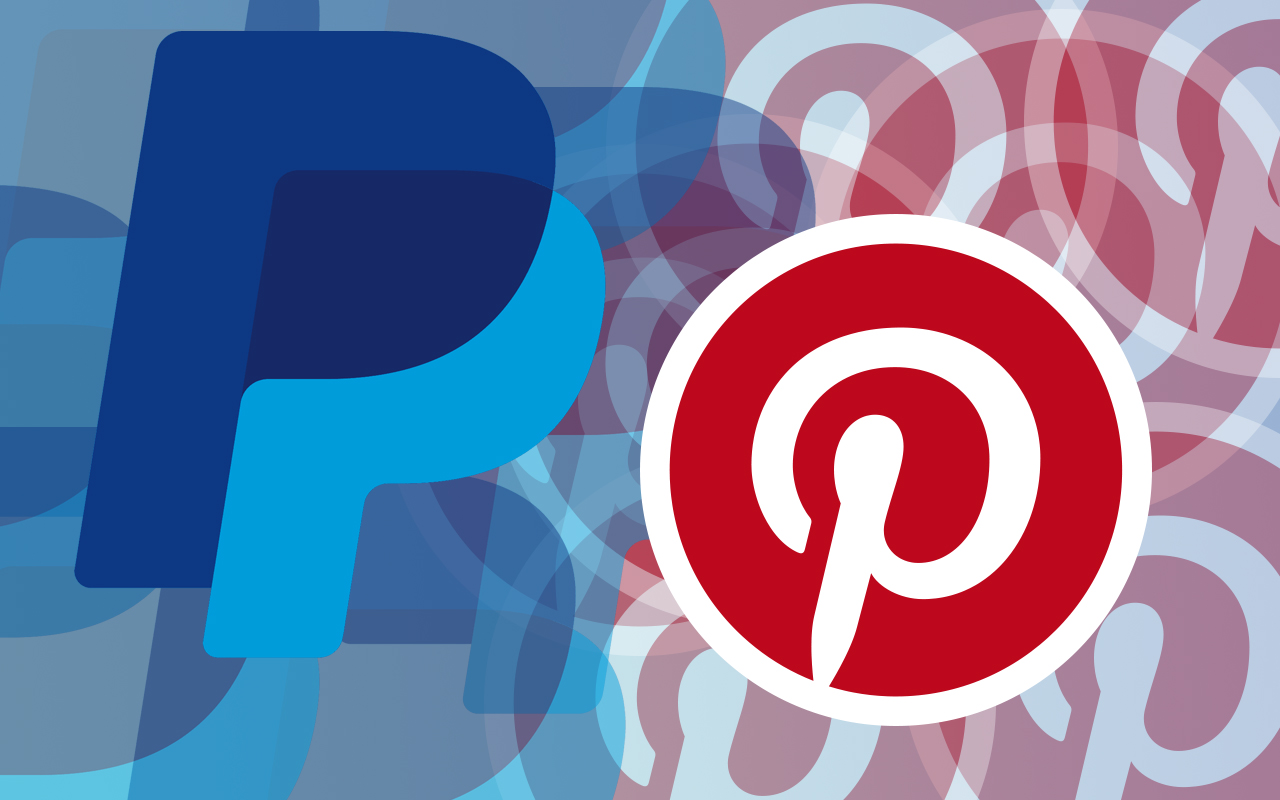Welcome to Startups Weekly, a fresh human-first take on this week’s startup news and trends. To get this in your inbox, subscribe here.
On Equity this week, we discussed the value of the written word. You can imagine that the resulting argument is inherently biased, considering we are three journalists who have bet our livelihoods on ink; but, I promise, there’s more nuance here beyond how important a lede is.
We recently published a recent deep dive on Automattic, the commercial media company behind the WordPress publishing platform. Founded in 2005, Automattic is one of the few companies that has been able to evolve and expand its way through a graveyard of media sites. Valued at $7.5 billion, it has also convinced investors of the financial promise of its vision.
- Part 1: Origin story “How doing everything wrong turned Automattic into a multibillion dollar media powerhouse” (3,850 words/15 minutes)
- Part 2: Open source development “There’s nothing Automattic about balancing commercial growth with an open source developer community” (2,500 words/10 minutes)
- Part 3: Acquisitions and future strategy “Can social and e-commerce transform the future of the open web?” (2,350 words/9 minutes)
- Part 4: Remote work culture “The future of remote work is text” (2,000 words/8 minutes)
I was most struck by how text has shaped Automattic’s hiring process: The company offers a purely written interview, where potential new hires never need to reveal their face or voice to anyone through the recruitment funnel. It takes away the inherent bias that comes with a Zoom interview, which, at its core, is just a digital version of a face-to-face interview. Monica Ohara, chief marketing officer of WordPress.com, explained more about her thinking:
“You normally think you’ve got to talk to them; see them on video. With text only, you remove all this bias and focus on the content of what they’re saying, and also test for a style of communication that’s really important in a distributed team.
“In Silicon Valley, everyone is competing for the same people that would add diversity to your pool. Which is great for those people, but what about all the others who don’t have those opportunities because of where they were born or live? For me, I was born in the Philippines and if I hadn’t had the luck to move here, I’d be living a different life.”
Rethinking the value of text, the same way we rethink how many synchronous meetings should be on our calendar, feels like the natural next step for companies figuring out how to scale distributed work. Even in a world seemingly ruled by short-form video, words — and sound — seem to matter in a way that other formats never will.
In the rest of this newsletter, we’ll talk about PayPal’s reported new friend, the Chinese venture capital market and not at all about Facebook’s impending new rebrand.
PayPal picks Pinterest

Image Credits: TechCrunch
We rushed to Twitter Spaces this week after rumors came out that PayPal may be buying Pinterest for a reported $45 billion. The fintech giant has been on an acquisition spree of sorts, but scooping up a social, photo-sharing platform may signal its hungry to own the content — not just the customer.
Here’s what to know: This feels nostalgic. PayPal potentially joining forces with a more content-focused e-commerce business comes more than a half-decade after it divorced from eBay. But, as Finix Chief Growth Officer Jareau Wadé pointed out, Pinterest is not a shopping destination like eBay — it’s a place where shopping begins for nearly 450 million users.
In a Substack post, Wadé makes the following argument to describe why PayPal may buy Pinterest:
At its core, Pinterest is more like Google than eBay. It’s a search engine that conducts over 5 billion searches per month for fuzzy, hard-to-describe ideas where pictures, rather than words, are often the best place to start. It also has a growing ads business that produced $613 million last quarter, up 125% YoY. With Pinterest, PayPal would be buying the top of the funnel — the awareness and interest stages — for millions of websites on the internet. PayPal would provide Pinterest with the bottom of the funnel, allowing them to see the purchases that result from shopping that began on Pinterest.
Imagine if PayPal could use their core product and the commerce assets they’ve acquired over the past five years to build a deconstructed sales funnel, not just for one website, but for the whole internet.
Put a pin in it:
- Potential winners and losers line up as Plaid pushes deeper into payments
- How do you select the right tech stack?
- Builder.io aims to make developers happy with its no-code approach to digital storefronts
China is thriving

Image Credits: TechCrunch
Data from CB Insights shows us that, aside from a single outsized 2018 round, China’s third quarter of 2021 was the best three-month period for Chinese startups ever — both in deal value and deal count.
Here’s what to know: We’re surprised, too. On Equity, we discussed how the growth of China’s venture capital market contrasts in sentiment with the region’s government restrictions. It seems that regulatory impact hasn’t stopped all companies from raising, and growing, their businesses there.
Internationally speaking:
- Mexico’s fintech success: How tech is driving the population to banking
- Hong Kong-based fintech XanPool raises $27M for its decentralized payment network
- India’s OfBusiness in talks to raise new funds at over $4.5 billion valuation
- a16z, Base Partners cook up $15M in funding for Colombia cloud kitchen concept Foodology
Around TC
TC Sessions: SaaS 2021 is next week! My colleagues have put together an amazing show about the sector that seemingly can’t stop attracting millions from investors. We’ll see what stopped eating the world, how hunger is turning into innovation and definitely hit a few SaaSy notes through panels with experts.
Check out the event agenda, buy your pass and come hang with us on October 27.
Across the week
Seen on TechCrunch
A massive ‘stalkerware’ leak puts the phone data of thousands at risk
What do people want in a co-founder? YC has some answers
Station F adds an online program to educate the next generation of entrepreneurs
Trump to launch his own social media platform, calling it TRUTH Social
Seen on TechCrunch+
Mission-driven ventures are growing fast during the pandemic
Dear Sophie: Any suggestions for recruiting international tech talent?
Lessons from founders raising their first round in a bull market
Udemy targets valuation of $4B in major edtech IPO
Talk soon,
from TechCrunch https://ift.tt/3ps0hiJ
No comments:
Post a Comment